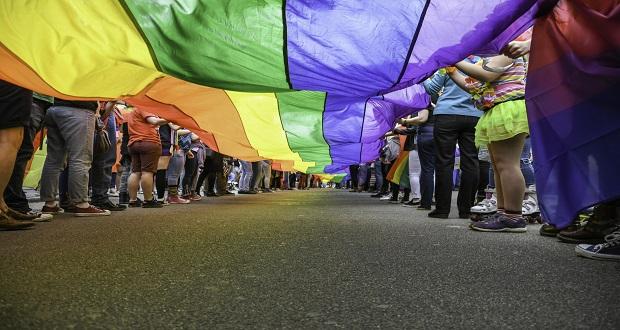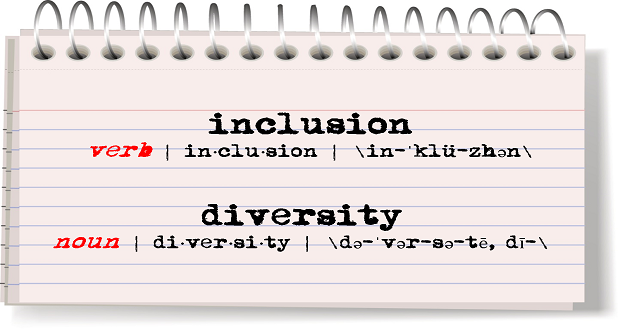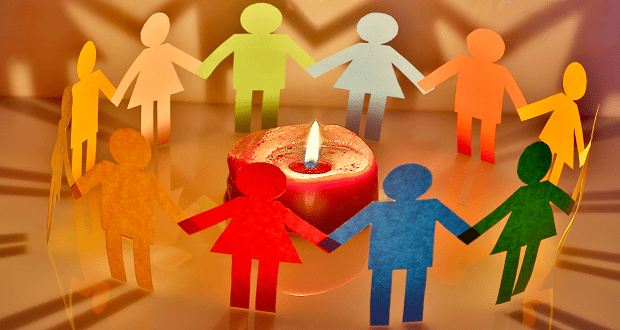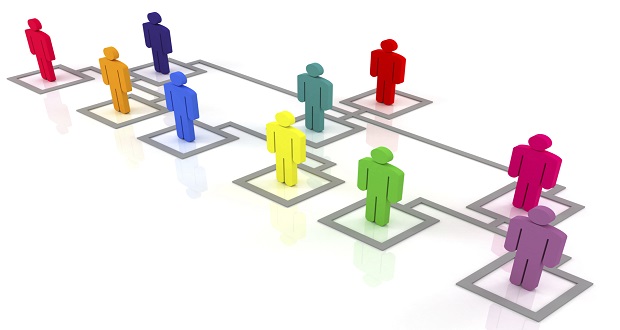As we begin this Pride Month, an annual celebration of equal rights, awareness, and support for members of the LGBTQ (Lesbian, Gay, Transgender, and Questioning) community, I often reflect on the importance of allies in diversity and inclusion work, particularly within those communities that face discrimination, violence, and biases that impact not only their personal, but occupational lives. So important was the designator of the “Ally” to the LGBTQ community, that an “A” was added to the acronym to recognize the support and advocacy that allies can provide.
In my opinion, some of the most successful allies are those who intentionally choose to learn from, champion, and advocate for others who are different from themselves. Being an ally often requires one to go outside of their comfort zone, be willing to have authentic (and sometimes difficult) conversations, and be willing to bravely stand up for others who may not have the resources or ability to stand up for themselves.
I am often asked why I, as a Christian, heterosexual, single woman with no children or immediate family members who are LGBT, am I an ally. As a D&I practitioner, I recognize that simply sharing my own personal stories around inclusion can help motivate others to try something different. It is for that reason today that I share some of my motivators around being an ally for the LGBTQ community.
For me, there are three primary reasons that come to mind when I think of my role as an ally:
Discrimination, harassment, bullying, and violence have no place in the workplace, or beyond. I am saddened to hear stories of my LGBTQ peers, family members, and colleagues, who are discriminated against, treated unfairly, or even attacked due to others’ intolerance. I have made the personal commitment to stand up for what I believe is right, which includes challenging assumptions, stereotypes, and biases in whatever manner they may show up. As a practitioner, I find that there is often a misconception that hostility has to be overt, particularly around the issues of inclusion and equity. However, it is the less overt actions such as inappropriate jokes, not taking the time to listen, or otherwise failing to include individuals that lead to systemic concerns with equity, fairness, and inclusion.
My identity, and thus my experience, is multilayered, multifaceted, and intersectional. I support the advancement of all people and groups. There are many facets that make up who I am, and my experience, there have been times when I have been both in the “in group” and “out group”. My experience is not a monolith – I don’t purport that I am the same as all women, or all Christians, or all people of color, or all Millennials. This is the beauty of diversity, and intersectionality – at any one time, I am constantly shifting between the different facets of my own identity, as one layer may become more salient in certain situations or experiences. With this intersectionality comes the knowledge that my colleagues who are LGBTQ also have multiple planes of their identity that deserve to be explored and understood. If I can’t advocate for someone who is in the “out group” at this moment, who will advocate for me when I need the same support?
Change starts with me. Simply put, I cannot expect others to change their mindsets or views if I myself do not serve as an example. Change starts with each and every one of us, from the small one-on-one actions we take, to the larger actions within our teams and communities. We can all make an impact by being willing to listen, ask questions, learn, and grow.
As Pride Month celebrations continue throughout June, I invite you to engage in activities in your community and take the time to learn how you can be a more authentic and inclusive ally.
Want to know more about how you can get involved this Pride Month? Here are some resources to start:



















